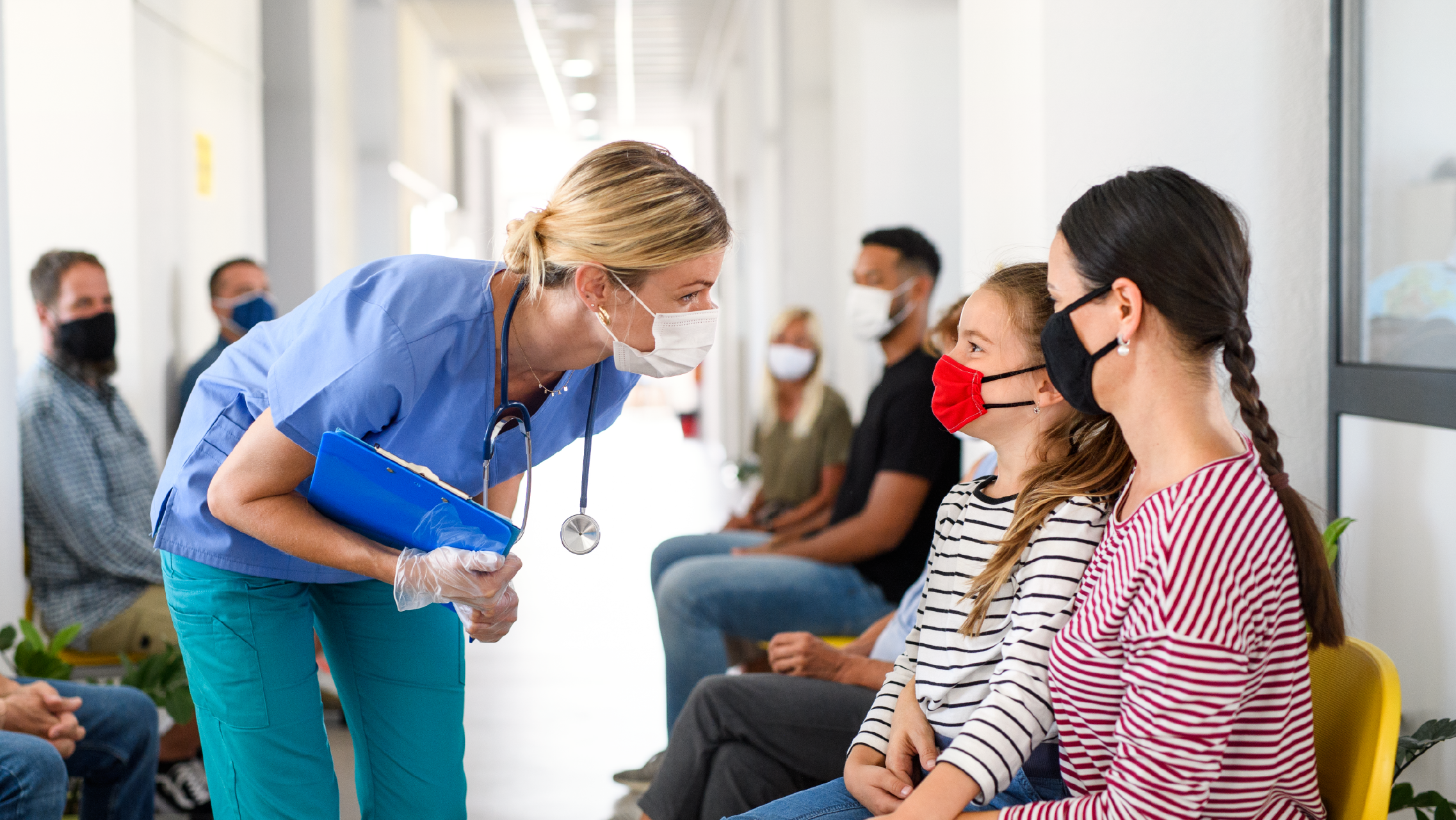
How can HVAC systems help reduce virus transmission?
properties.trackTitle
properties.trackSubtitle
Concerns have been raised about the role HVAC systems play in the transmission of airborne viruses.
According to Health Canada, viruses are known to spread through droplets that are dispersed when an infected person breathes, talks, sings, shouts, coughs or sneezes. In addition to maintaining physical distancing, masking and proper hand hygiene, improving indoor air quality through increased ventilation is an additional step. Ventilation, either through open windows, or through HVAC systems, can increase the amount of outside air brought inside, diluting the number of viral particles in the air, and help reduce the risk of exposure.

Recirculation-only systems with no, or very limited, outside air can become a large threat. High risk environments can include those using:
- Wall-mounted ductless air conditioners
- Window air conditioners
- Supplemental fans being used within an enclosed environment
Ways to help safeguard against virus transmission through HVAC systems:
Filtration – go for a higher MERV
The filters that are specified for typical commercial buildings are a MERV 8. The better option is a MERV 13, a filter rated for virus reduction. Some systems, especially residential ones, can have lower airflow rates with these higher MERV numbers though, so capacity could be reduced using these anti-virus varieties. These filters should be changed frequently, with 90 days of service being the maximum period before replacement.

Filtration – go for a higher MERV
The filters that are specified for typical commercial buildings are a MERV 8. The better option is a MERV 13, a filter rated for virus reduction. Some systems, especially residential ones, can have lower airflow rates with these higher MERV numbers though, so capacity could be reduced using these anti-virus varieties. These filters should be changed frequently, with 90 days of service being the maximum period before replacement.

Enhance air cleaning technology
Healthcare facilities, health clubs, airports, and offices can also help reduce the spread of viruses by using added protection within their HVAC systems including:
Ultraviolet C (UV-C) lighting systems – UVC exposure eliminates microbial organisms such as bacteria and viruses by altering the structure and the molecular bonds of their DNA.
Bipolar ionization systems – Bipolar ionization technology releases charged atoms that attach to and deactivate harmful substances like bacteria, mold, allergens, and viruses.
Note that specific engineering design is required for the proper use of these technologies.
This article is for informational purposes only and is not intended to convey or constitute legal advice. HSB makes no warranties or representations as to the accuracy or completeness of the content herein. Under no circumstances shall HSB or any party involved in creating or delivering this article be liable to you for any loss or damage that results from the use of the information contained herein. Except as otherwise expressly permitted by HSB in writing, no portion of this article may be reproduced, copied, or distributed in any way. This article does not modify or invalidate any of the provisions, exclusions, terms or conditions of the applicable policy and endorsements. For specific terms and conditions, please refer to the applicable insurance form. Posted on May 28, 2021